mini-Arlet in Broadstairs
Wednesday 16th October, 2013
I was curious to see this venue, having heard about it (a converted chapel that's now a hybrid used bookshop/bar which hosts live music). Arlet were playing the next night at the Duke of Cumberland in Whitstable, but I decided Broadstairs would probably provide a more attentive audience, and I then I could get to Free Range too.
This was yet another permutation on the Arlet line-up, the smallest I've seen, just Aidan (accordion), Rosie (violin), Ben (acoustic guitar) and Lucy (percussion). And it really worked. The whole thing was very low-key, they were completely relaxed, playing two 45-minute sets of original material without in any way sounding like anything was missing. Aidan and Rosie were finding imaginative ways to fill in for the missing clarinet and brass lines, while various subtle countermelodies that might otherwise get overlooked being naturally came to the fore. They were all able to hear each other more easily than usual (there being less to hear, and less bodies and instruments to position), so the rhythm was tight, but the playing nonetheless fluid and responsive. I spent a lot of the first set on a balcony happily perusing old books while this celestial music spiralled upward.
Some of Aidan's accordion soloing is getting ridiculous (in a good way), in terms of speed and intricacy. He was explaining to me later how unlike the piano, there's no weight on the keys, so you can potentially play with the same lightness of touch as, say, a saxophone, but with the advantages of a keyboard interface.
I got a lift back to Canterbury with he and Ben, during which he played me his latest musical discovery, Movements III and IV from Sufjan Stevens' soundtrack album The BQE (this being for an art film he's made about the Brooklyn-Queens Expressway, SS's creativity and productivity seemingly knowing no bounds). Movement III is a serial-type composition, quite Spiro- or Arlet-like, but on an orchestral scale and with an organic, asymmetrical counterintuitive rhythmic undercurrent that distinguishes it from anything comparable. Turned up quite loud on a car stereo it sounded superb, and I could see why Aidan liked it so much. Then, suddenly, we were into Movement IV and some electronic beats kicked in. My immediate thought was "Oh, does he have to do that?", but within seconds I was being carried away on one of the most imaginative electronic compositions I've ever heard. At the time, it seemed to involve far more remixed elements of the previous, orchestral, movement than a later listening revealed — that seems to have been an illusory perception, based on the way Movement IV was composed to mirror its predecessor. The fragmentary beats spray out in all directions a la Squarepusher or Venetian Snares, but the whole thing develops in a way that elevates it to another level. The two movements are embedded here (the gap between them is unfortunate, you'll have to buy the album!)
Aidan was over the next day to have another go on my newly-repaired harmonium. He's theoretically interested in putting together a harmonium set for a future woodland gig. He brought along a copy of the latest edition of fRoots, the "folk and roots" magazine I never read — nor does he, usually, but he got sent a copy as it contained a glowing review of Arlet's debut album Clearing (the kind of review that I would buy a record on the strength of). And, quite appropriately, Spiro were on the cover, featuring in a suprisingly thoughtful, borderline-cosmic five page piece about them, which ends with a quick mention of Arlet as an example of a young band taking inspiration from them. Both Arlet and Cocos Lovers got tracks selected for the free-download album that comes with this edition of fRoots — it pleases me to see these good people starting to get some well-deserved recognition.

















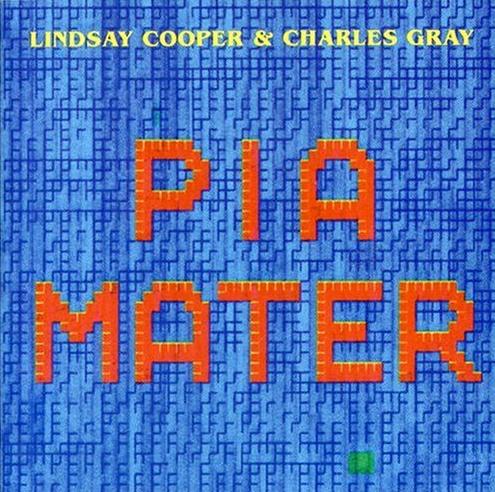
































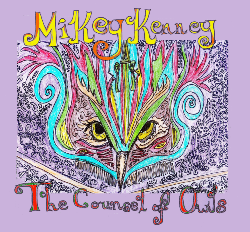







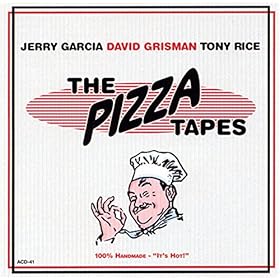














































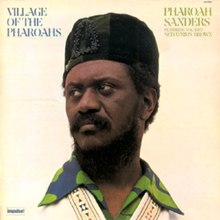











































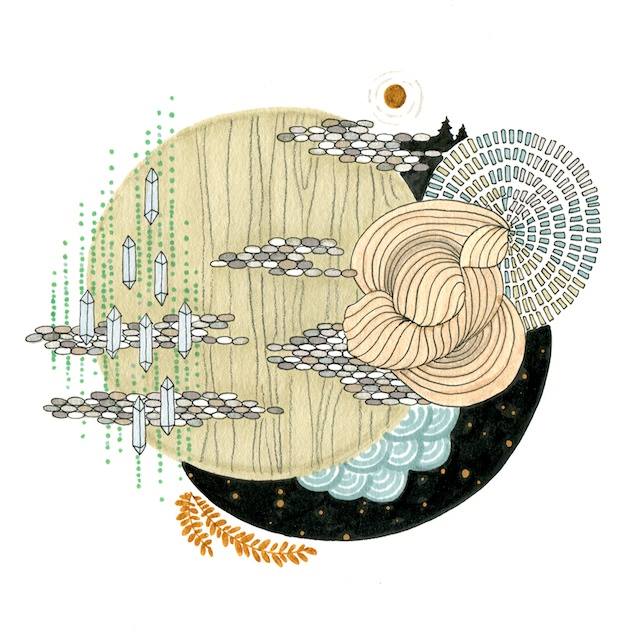





































































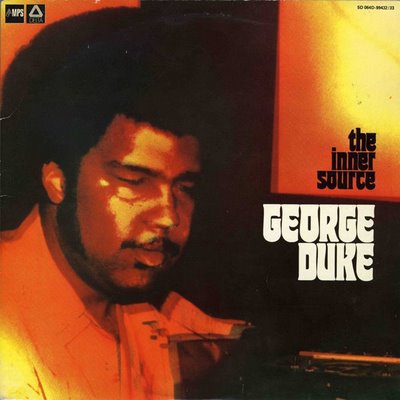












































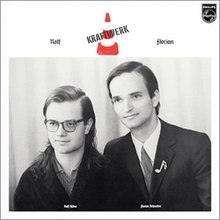


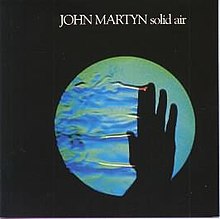



















































































































































































































































































































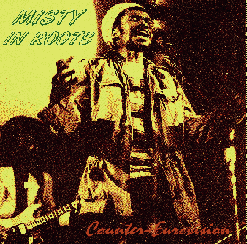





















































































































































































































































































































0 Comments:
Post a Comment
<< Home